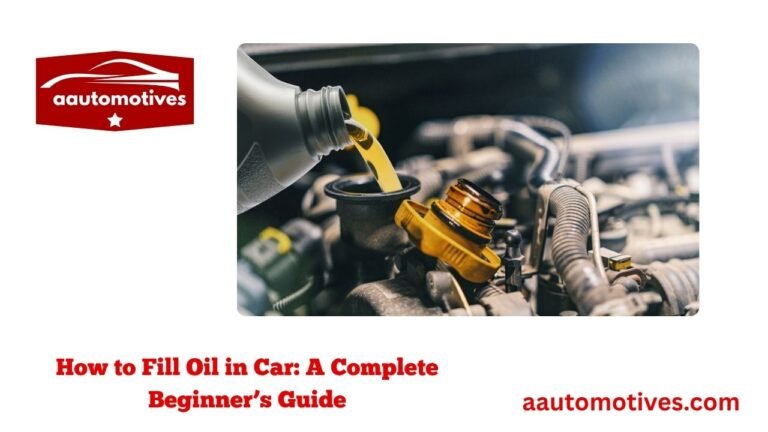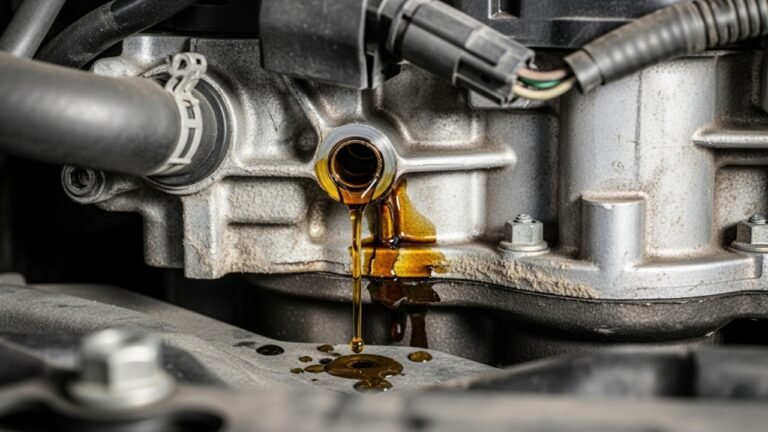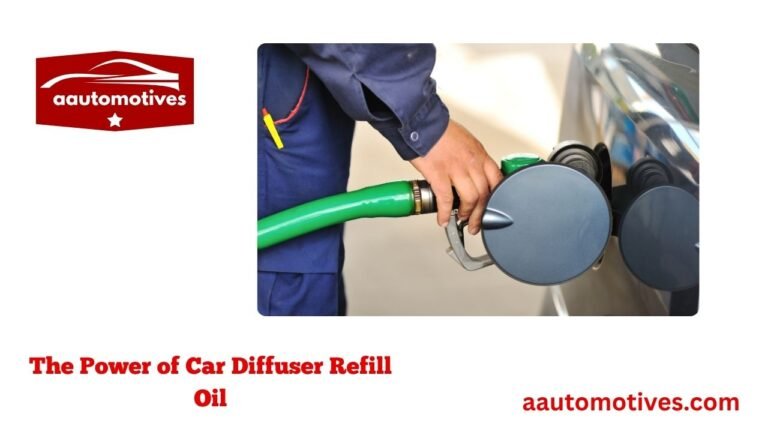Castrol Engine Oil Price for Car: What You Should Know
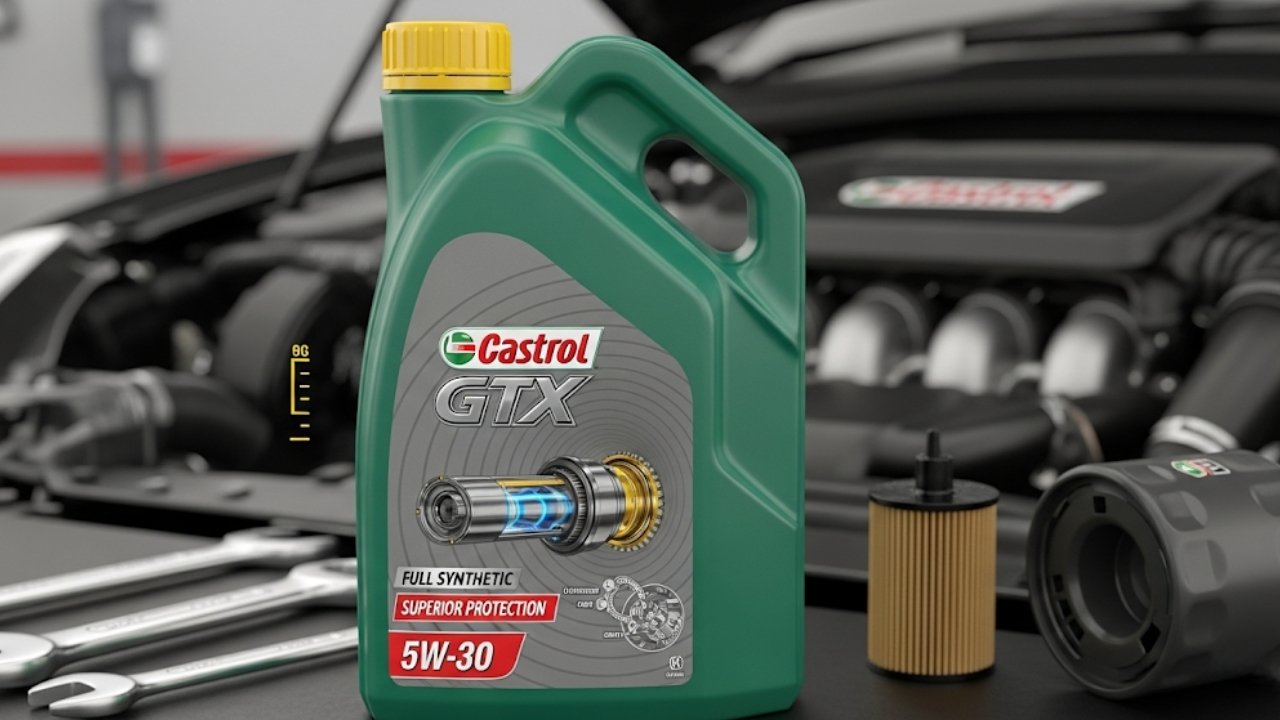
When you’re standing in front of the auto shop shelf, staring at dozens of shiny bottles of engine oil, it’s easy to get overwhelmed. Some are cheap, others are pricey, and then there’s Castrol engine oil — a name you’ve probably seen everywhere. But what exactly makes Castrol engine oil price for car different? Is it worth the hype? And how much should you really pay for it?
In this guide, we’ll dive deep into Castrol’s pricing, real-world value, and whether it’s the right choice for your car. I’ll also share a few personal stories and some money-saving tips most folks miss. Whether you drive a used hatchback or a brand-new SUV, you’re going to find this helpful.
Why Castrol? My First Experience With It
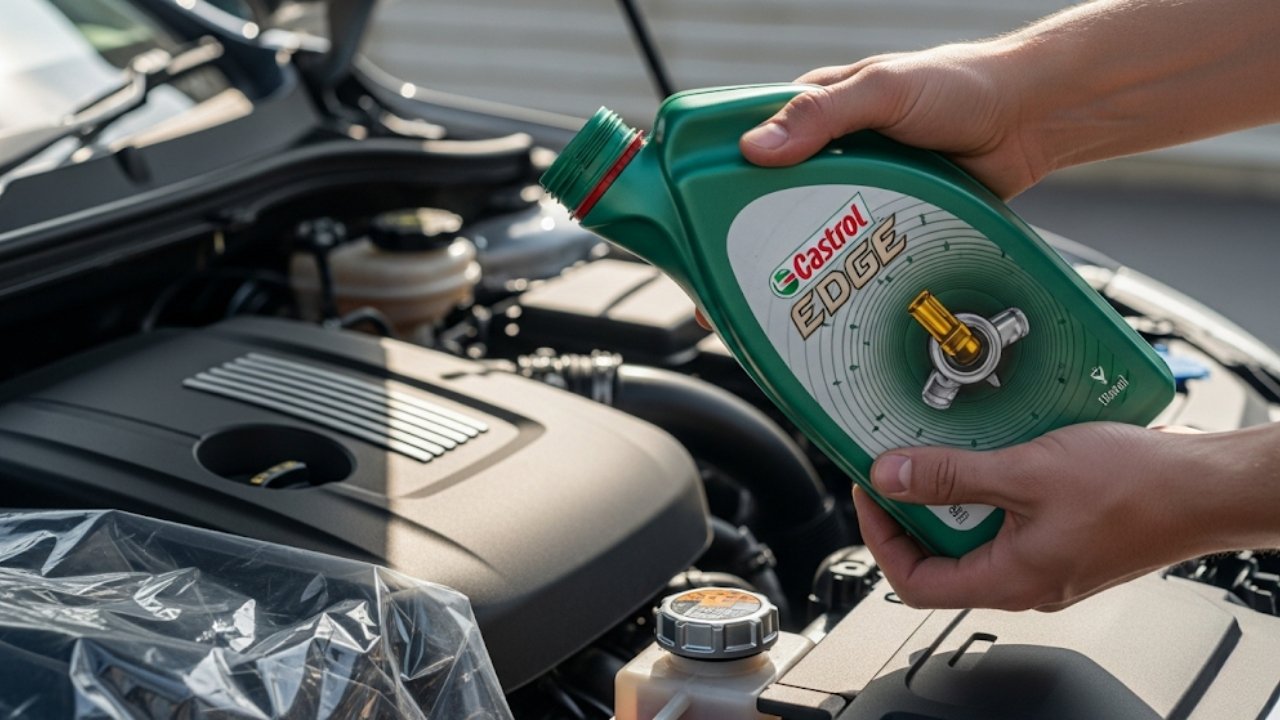
He raised an eyebrow and handed me a bottle of Castrol GTX. “Try this for your next change,” he said. It was a few bucks more, but I gave it a go. I swear, the car felt smoother after that. That was my intro to Castrol engine oil, and since then, I’ve dug into what makes it worth it—and how to not overpay for it.
Understanding Castrol Engine Oil Price for Car
So, what affects the Castrol engine oil price for car? Let’s break it down:
-
Oil type (conventional, synthetic blend, full synthetic)
-
Oil grade (like 5W-30, 10W-40, etc.)
-
Bottle size (1 liter vs. 5 liters)
-
Retailer markups
-
Promotions or deals
In general, here’s a quick price range to give you an idea:
| Castrol Product | Type | Size | Average Price |
|---|---|---|---|
| Castrol GTX | Conventional | 5L | $25 – $35 |
| Castrol GTX High Mileage | Synthetic Blend | 5L | $28 – $40 |
| Castrol EDGE | Full Synthetic | 5L | $35 – $50 |
| Castrol EDGE Extended Life | Full Synthetic | 5L | $45 – $60 |
| Castrol Magnetic Stop-Start | Synthetic Blend | 4L | $30 – $42 |
Prices can change based on store location, online discounts, or even the country you’re in. In Bangladesh, for example, prices may be slightly higher due to import taxes.
Types of Castrol Engine Oils and Their Prices
There are three main types of Castrol engine oil you’ll see when shopping:
1. Conventional (Mineral-Based) Oil
If you’re driving an older car and on a tight budget, Castrol GTX is a solid choice. It’s a conventional oil, meaning it’s made from refined crude oil. It’s more affordable but needs more frequent changes.
-
Price: Around $25–$30 for 5L.
-
Best for: Older engines or those not driven hard.
2. Synthetic Blend
These oils combine mineral oil with synthetic additives, giving you better protection without breaking the bank.
-
Castrol GTX High Mileage is designed for cars with over 75,000 miles.
-
Price: $30–$40 for 5L.
-
Best for: Mid-range vehicles, daily use, light-duty driving.
3. Full Synthetic Oil
This is Castrol’s premium offering — Castrol EDGE is the most popular.
-
It uses Fluid Titanium Technology to reduce friction.
-
It lasts longer, protects better, and performs well under high heat.
-
Price: $40–$60 for 5L.
-
Best for: High-performance engines, new cars, and extreme weather conditions.
Is Expensive Always Better? Let’s Be Real
Just because Castrol engine oil price for car is higher than budget oils doesn’t mean it’s always the right pick. Think of it like choosing between local street food and a restaurant meal. Sometimes the fancy stuff is worth it — other times, you’re just paying for branding.
But with Castrol, you’re paying for:
-
Trusted quality (used by race teams and automakers)
-
Extended drain intervals (saves time and trips to the garage)
-
Advanced additives (protect engine components)
-
Engine cleanliness and sludge protection
For most people who don’t race their cars or drive in extreme temperatures, a synthetic blend offers the best balance of cost and protection.
Where You Buy Matters: Tips to Save Money
Here’s something I learned the hard way — don’t buy Castrol oil without checking online prices first.
Some ways to save:
-
Shop online at places like Amazon, Walmart, or Castrol’s official store.
-
Look for coupons on auto parts retailer sites (like AutoZone or Advance Auto Parts).
-
Check local garage deals — some offer oil change services with Castrol oil at a discount.
-
Buy in bulk — A case of 12 quarts often costs less per bottle.
-
Watch seasonal sales — Prices often drop before winter or summer road trip season.
Pro Tip: If you’re outside the US, try buying through authorized distributors to avoid fakes. Castrol is one of the most counterfeited brands in engine oil globally.
Castrol and Car Compatibility: What You Need to Know
Using the wrong engine oil can hurt your car more than using no oil at all. Always check your owner’s manual to know the recommended viscosity (like 5W-30). Castrol offers oils in all standard grades, so compatibility is rarely an issue.
Here’s a simple matching guide:
| Car Type | Recommended Castrol Oil | Estimated Price (5L) |
|---|---|---|
| Economy Cars (e.g. Honda Fit) | Castrol GTX 5W-30 | $25 – $30 |
| Mid-Size Sedans (e.g. Toyota Camry) | Castrol GTX High Mileage 10W-40 | $30 – $40 |
| SUVs (e.g. Ford Escape) | Castrol EDGE 5W-30 | $40 – $50 |
| Performance Cars (e.g. BMW, Audi) | Castrol EDGE Extended Life 0W-20 | $45 – $60 |
Always choose Castrol oil based on your car’s engine type, climate, and driving habits. A wrong choice might lead to poor fuel economy, engine wear, or overheating.
How Often Should You Change Castrol Engine Oil?
Castrol’s synthetic oils often advertise 15,000 miles of protection. But in real-world terms, it depends on:
-
Driving conditions (dusty roads, city traffic, highway cruising)
-
Engine health
-
Weather
As a safe estimate:
-
Conventional Castrol oil: Every 3,000–5,000 miles
-
Synthetic blend: Every 5,000–7,500 miles
-
Full synthetic (Castrol EDGE): Every 10,000–15,000 miles
Quick Reminder: Don’t just go by mileage — check the color and texture of the oil. If it’s dark and gritty, it’s time for a change.
Personal Tip: Why I Stick to Castrol for My Family Car
I drive my kids to school daily. That’s around 40 km of city driving in stop-and-go traffic, with the AC running almost all the time. I used to cheap out on oil, but I noticed my engine would heat up faster, and there was this weird ticking noise.
Since switching to Castrol EDGE, I’ve had none of those issues. It may cost a few extra bucks, but the peace of mind it brings is priceless.
Castrol vs. Competitor Brands: Is the Price Fair?
We’ve already covered what the Castrol engine oil price for car looks like. But is it really worth it compared to other brands?
Let’s look at how Castrol stacks up against similar engine oil brands in terms of price and performance:
| Brand | Type | Avg. 5L Price | Notes |
|---|---|---|---|
| Castrol EDGE | Full Synthetic | $45 – $60 | Excellent high-temp performance, top-tier quality |
| Mobil 1 | Full Synthetic | $40 – $55 | Comparable to Castrol, slightly lower price |
| Valvoline | Synthetic Blend | $28 – $40 | Great for daily use, good value |
| Shell Helix | Full Synthetic | $42 – $55 | Smooth performance, common in Asia/Europe |
| Pennzoil | Full Synthetic | $38 – $50 | Good eco-credentials, excellent sludge control |
From experience, Castrol sits slightly on the premium end, but for good reason. Its Titanium Technology, durability, and ability to handle engine stress give it an edge. You’re not just paying for the brand; you’re paying for trusted performance.
Still, if budget is a concern, Valvoline or Pennzoil might be a better compromise — just make sure you stick to OEM requirements.
Castrol Pros and Cons: A Balanced View
No product is perfect. Even with all the praise, there are a few things to consider when evaluating the Castrol engine oil price for car.
✅ Pros
-
High-end performance even in extreme temperatures.
-
Longer oil change intervals, saving time and effort.
-
Trusted OEM partnerships with Jaguar, Volvo, and others.
-
Variety of products for different cars, from taxis to sports cars.
-
Widely available online and offline.
❌ Cons
-
Price is higher than many alternatives.
-
Overkill for older or low-mileage vehicles.
-
Counterfeit issues in some regions — buy from trusted sources.
-
Can be thicker than some oils, which may affect cold starts in extreme winter.
So, while Castrol offers excellent value, always ask yourself — does your car need that level of performance? Sometimes a mid-tier oil does the job just fine, especially if you’re on a regular maintenance schedule.
Signs You Should Spend More on Engine Oil
Still wondering if you should go for a premium Castrol oil? Here are situations where it’s worth paying a bit extra:
-
You drive long distances daily or in extreme weather.
-
You’ve got a turbocharged or performance engine.
-
Your car’s engine is noisy or showing early wear signs.
-
You often forget or delay oil changes (Castrol synthetic helps cover you longer).
-
You plan to keep your car for 10+ years.
In these cases, the higher Castrol engine oil price for car pays off in terms of engine longevity and fewer repairs down the line.
Frequently Asked Questions
Here are some of the most common and helpful questions I get about Castrol oil and its pricing:
1. Why is Castrol engine oil more expensive than other brands?
Castrol invests heavily in technology, testing, and brand partnerships. Their synthetic oils use advanced additives and patented formulas like Fluid Titanium, which boost performance under pressure. You’re paying for better engine protection, not just a name.
2. Can I mix Castrol with other engine oil brands?
Technically yes, but it’s not ideal. Mixing brands or types (like synthetic with conventional) can reduce performance. Stick with the same oil family for best results.
3. Is Castrol good for older engines?
Yes — products like Castrol GTX High Mileage are made for engines with over 75,000 miles. They include seal conditioners and extra detergents to prevent leaks and reduce wear.
4. Where can I get the best price for Castrol engine oil?
Check Amazon, Walmart, or AutoZone for deals. You can also get bundles or oil change service packages with Castrol oil at a reduced rate.
5. Does using Castrol void my warranty?
Not at all. In fact, Castrol meets or exceeds most OEM standards. Just make sure you choose the right viscosity grade for your engine.
6. How do I know if Castrol oil is fake?
Watch out for spelling errors, blurry labels, or missing batch numbers. Always buy from reputable stores or directly from Castrol’s authorized resellers.
7. How often should I change Castrol full synthetic oil?
Most Castrol EDGE oils are rated for up to 15,000 miles, but check your owner’s manual. Driving in extreme heat, city traffic, or towing loads may require earlier changes.
8. What is the shelf life of Castrol engine oil?
Unopened Castrol oil can last up to 5 years when stored in a cool, dry place. Once opened, use it within a year for best results.
How to Choose the Right Castrol Oil for Your Car
Choosing oil can feel like guesswork — but it’s simpler than it seems. Here’s a quick guide to help:
-
Check your car manual for viscosity (like 5W-30 or 10W-40).
-
Decide between conventional, synthetic blend, or full synthetic based on budget and use.
-
Consider mileage — if you’ve crossed 75,000 miles, go for high mileage formulas.
-
Match the climate — thinner oils (0W) for cold regions, thicker oils (10W-40) for hotter areas.
-
If confused, go for Castrol EDGE 5W-30 — a good all-rounder for most modern engines.
Final Thoughts: Is Castrol Worth It?
Here’s the deal — the Castrol engine oil price for car may be higher than store-brand oils, but you’re paying for peace of mind, engine health, and long-term savings. If you’ve ever dealt with engine knocks, overheating, or breakdowns, you know how frustrating and expensive those can be.
I’ve used cheap oils before, and the short-term savings never made up for the problems that followed. Castrol, for me, became more than just oil — it became a layer of insurance for my engine. Whether I’m driving my kids to school, going on road trips, or just stuck in traffic, I don’t have to worry.
So, if you’re asking, “Should I spend a little more on Castrol?” — my answer is simple:
If your car matters to you, the answer is yes.

